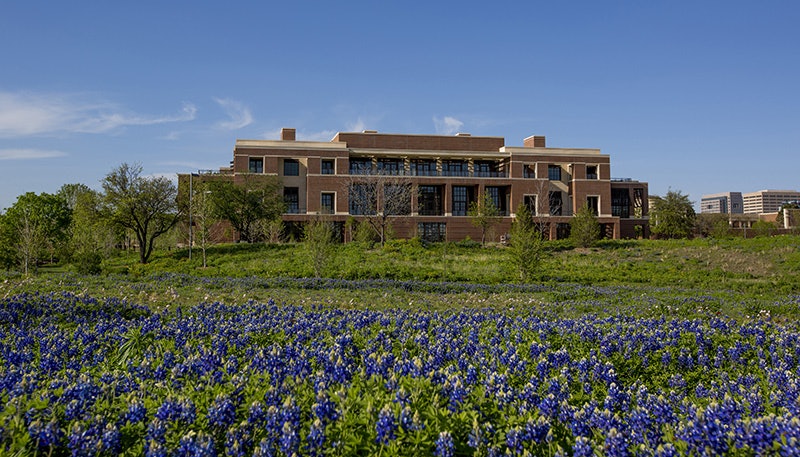David Wessel and Stephanie Banchero, The Wall Street Journal Throughout American history, almost every generation has had substantially more...
David Wessel and Stephanie Banchero, The Wall Street Journal Throughout American history, almost every generation has had substantially more education than that of its parents. That is no longer true. When baby boomers born in 1955 reached age 30, they had about two years more schooling than their parents, according to Harvard University economists Claudia Goldin and Lawrence Katz, who have calculated the average years of schooling for native-born Americans back to 1876. In contrast, when Americans born in 1980 turned 30 in 2010, they averaged about eight months more schooling than their parents. This development already has broad ramifications across the U.S. job market: Those with only a high-school diploma had an 8% unemployment rate in March, roughly double that of college graduates, who had a 4.2% unemployment rate. Workers with bachelor's degrees earn 45% more in wages on average than those of demographically similar high-school graduates. And in today's highly automated factories, many manufacturers demand the equivalent of a community-college degree, even for entry level workers. Read More (Requires Subscription)


























